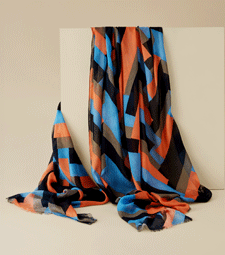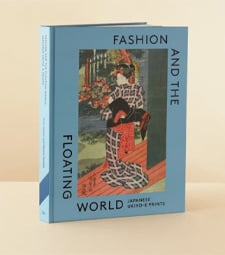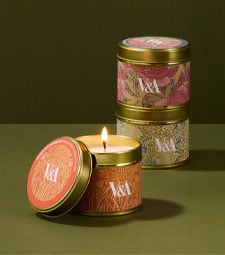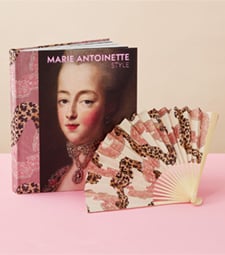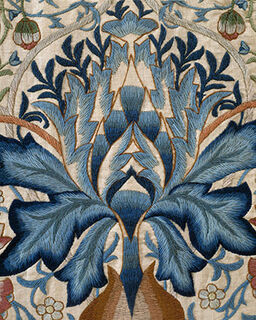
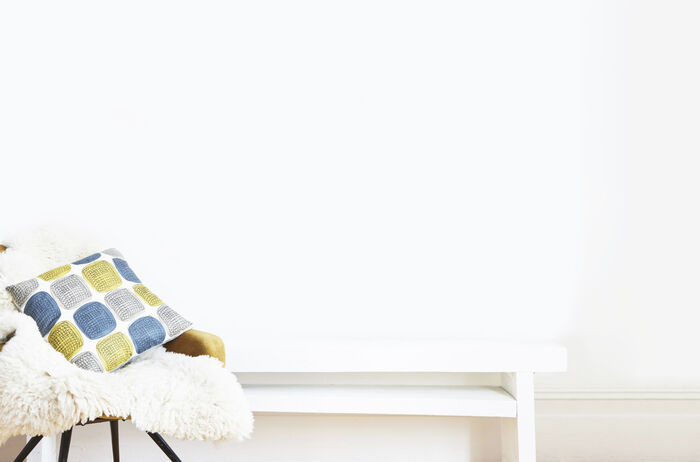

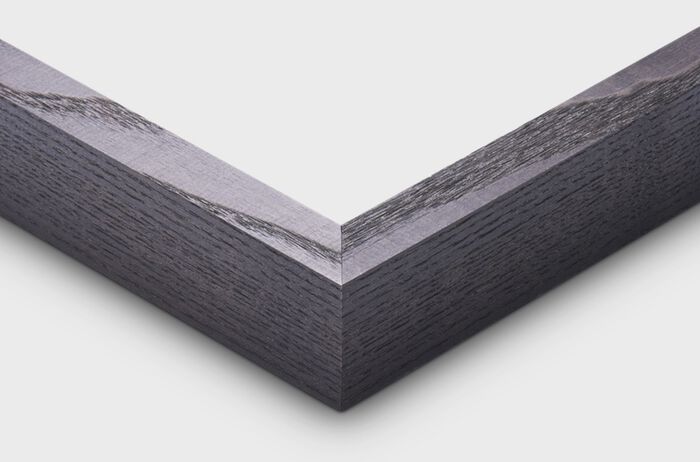




The Artichoke
Paper size
Please select-
Small
25 x 30 cm
-
Medium
34 x 40 cm
-
Large
50 x 60 cm
Frame type
Please select-
 Black
Black -
 White
White -
 Natural
Natural -
 Unframed
Unframed
- 1.5 cm black stained ash box frame - stained and waxed
- 280gsm smooth matte fine art paper
- cm white mount - acid free, extra thick smooth white mount board with a white core
- Printed image size:
- Total framed size:
- Total size:
- Details
- Delivery & Returns
- About custom prints
The Artichoke (detail)
Crewel wools on linen by William Morris (1834-96)
England, 1877-1900
The Artichoke was designed by William Morris as an embroidered wall hanging for Smeaton Manor, Northallerton, in North Yorkshire.
Embroidery was the first textile technique that Morris adopted for commercial use. He encouraged the use of fine needlework at a time when coarse canvas work kits were universally popular. Morris & Co.'s designs ranged from small cushion covers that could be made at home, to large, specially commissioned hangings, such as the design featuring this detail.
Custom printed on 280gsm smooth matte fine art paper.
Delivery
Our standard delivery charges and estimated timescales are as follows. Selected product exceptions apply; see product details. International deliveries may also be subject to customs fees, tariffs or taxes upon arrival, which are your responsibility.
Custom prints
Each print is made to order and dispatched separately to other V&A Shop products, for GB delivery only. The charges and estimated timescales below are in addition to our standard delivery charge when bought together with a V&A Shop product. However, delivery is free for all orders over £60.
Returns
We hope you are happy with your V&A Shop purchase. However, if you are not, most items are eligible for a full refund, subject to the criteria below. Refunds are offered for items in an unused, unopened condition, and with original packaging – with the following exceptions. This does not affect your statutory rights.
The following items are excluded from our returns policy and cannot be refunded unless faulty, damaged, or not as described:
- Custom prints and other items made to your specification or personalised;
- Items that have been sealed for hygiene reasons, where the seal has been broken, such as beauty products, soap, pierced earrings, hosiery, socks, sunglasses and face coverings;
- Perishable or edible items such as flowers or food;
- Memberships, tickets for exhibitions, bookings for events and courses.
For full details, visit our Delivery & Returns page.
From our gallery walls to yours
High quality art prints of images from across the V&A collections. Spanning Japanese woodblock prints to book illustration, textile designs and photography this collection of prints offers a glimpse into the rich and diverse nature of the V&A.
Made in England on the Sussex coast by leading print producers King & McGaw, our prints are hand finished and framed by skilled craftsmen using responsibly sourced materials, carefully packaged and delivered directly to your door.
The process is simple:
1. Select an image
2. Choose your preferred size and frame
3. Place your order!
Additional details
PAPER:
We use fine art paper sourced from UK paper mills for our prints. The paper type has been chosen to best suit the original artwork.
INKS:
Each artwork is giclée printed using archival quality inks.
MOUNT:
Acid free, extra thick smooth white mount board with a white core.
GLAZING:
We use clear acrylic glazing for safety and longevity.
FRAMING:
Framed by hand in Sussex by skilled craftsmen using responsibly sourced materials, the finished product has a taped back and is supplied ready to hang.
PACKAGING:
Each print is carefully packaged to ensure safe transportation, using 100% recyclable materials.
COPYRIGHT:
Please note that a copyright line is included under the image.
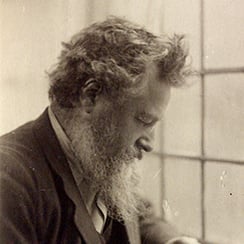
William Morris
Textile designer, writer and social pioneer, William Morris and his work have long been associated with the V&A. In 1865, his company was commissioned to design the West Dining Room at the museum, which features early examples of a number of the organic patterns that would make his name. Born in Walthamstow in 1836, Morris was captivated by nature from childhood, spending much of his time exploring Epping Forest and the surrounding countryside. These themes informed much of his textile design, and his mastery of pattern ensured an enduring appeal.

